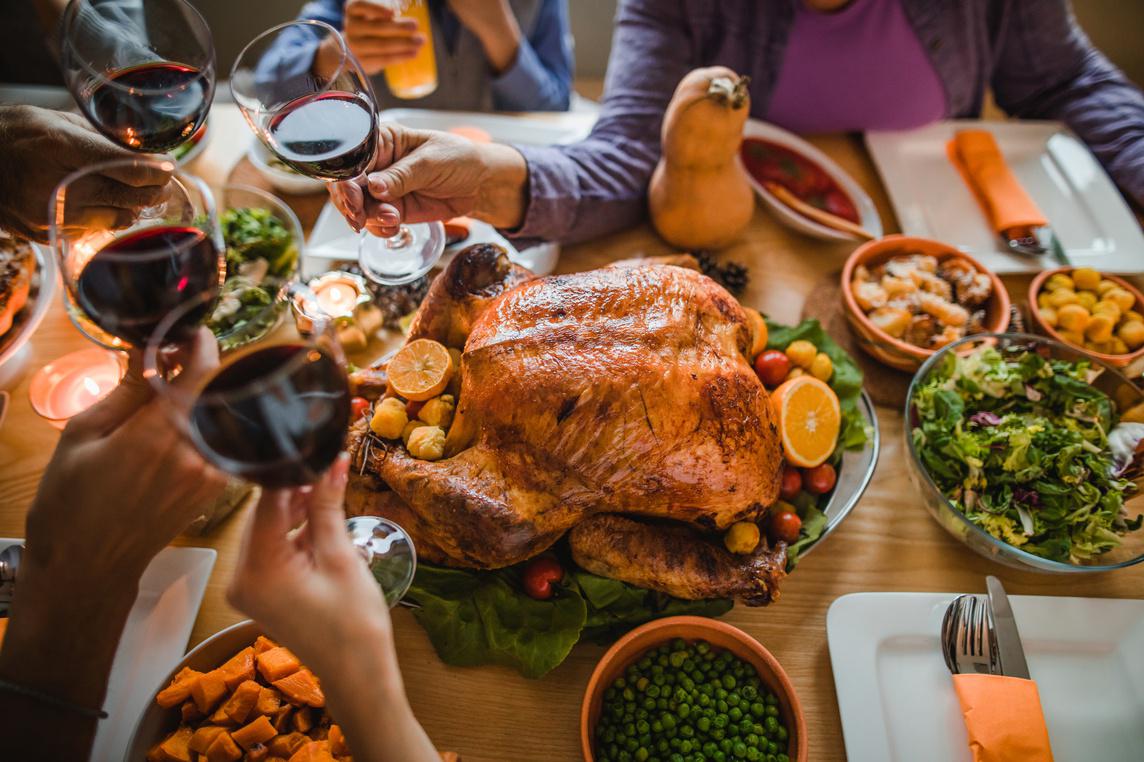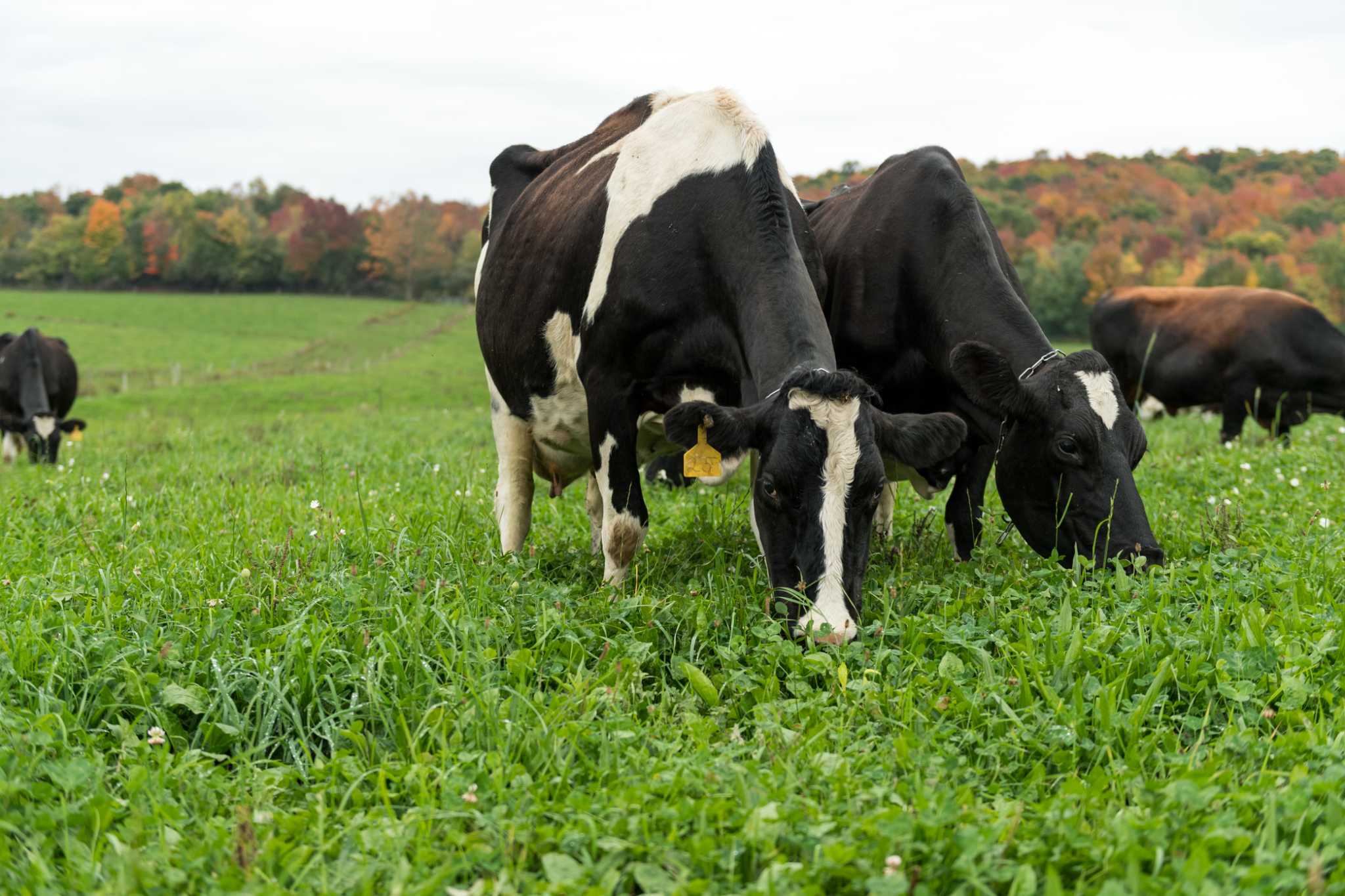Thanksgiving dinner with organic wine
Whether you are dining on turkey, ham, or a vegan feast for the Thanksgiving holiday, there is always room for several bottles of wine at the table. And given the current trends for wellness and transparency, organic and other “green-label” wines may be the best choice. But how do you track down wines produced organically, and what do all of the certifications really mean?
Grocery stores, wine shops and online retailers offer hundreds of different wines, but many will have a section where certified organic and other “green-label” wines can be found. Also, many certified wines will list this on the label. Here are some simple definitions:
According to a recent OIV report, only 6% of certified organic wine is produced globally. For biodynamic certified wine, it is even less. Given that both certifications require at least 3 years of documentation, proving that no chemicals were used in the vineyard, and fees that average around $3000 per year, it is understandable that not all vineyards are certified. However, a good number of vineyard owners farm organically, but they cannot put this on the label, unless they are certified. Following are four wine brands that are certified and large enough to find in the US market.
Bonterra -Located in Mendocino County, California, Bonterra is one of the first wineries in America to become certified for wine made with organic grapes. Bonterra winery is also certified Climate Neutral, and the wines are low-sulfite and additive free. They offer a large range of grape varietals, starting with the entry-level Bonterra chardonnay for only $14 and Bonterra merlot for $16. At the high-end, their wines are certified biodynamic, such as the McNab cabernet sauvignon for $50. Bonterra has provided a Thanksgiving pairing menu for their wines (see Table 1).
Thanksgiving Menu with wines from Bonterra Organic Vineyards
Benziger – Located in Sonoma County, California, Benziger is triple certified, with wines produced from sustainable, organic, and biodynamic certified grapes. At the winery, visitors can take a tractor ride through the vineyard to learn how each of these farming methods are practiced, along with seeing the sheep, cows, and beneficial birds and bugs that are part of biodynamic practices. Entry-level wines are sustainably certified and can be found at grocery stores across the US, starting around $16 per bottle. Wines made with organic grapes include Benziger Signature chardonnay for $34; whereas the biodynamically certified Benziger Estate Three Blocks cabernet blend is $49.
Frog’s Leap – Located in Napa Valley, Frog’s Leap Winery has been farming organically since 1988, and was one of the early adopters of dry-farming and biodynamic practices. Founder, John Williams, was so passionate about green-farming practices, that Frog’s Leap was featured in a Harvard Business Review case study. Frog’s Leap wines can be found at fine wine shops and online. Prices start at $27 for Frog’s Leap sauvignon blanc, $35 for Frog’s Leap zinfandel, and $65 for Frog’s Leap Estate Grown cabernet sauvignon.
King Estate Winery – Located in the Willamette Valley of Oregon, King Estate Winery has the largest certified biodynamic vineyard in North America. With 465 acres of vineyards, up to one-half of their wines are certified biodynamic. Entry-level wines, such as the King Estate Pinot Gris are $20, with King Estate Pinot Noir starting at $30.
Other Wineries to Consider – following is a list of a few other wineries which make wines with certified organic and/or biodynamic grapes: Hawley, Handley, Inman, Marimar, Dog Creek, Preston, Truett-Hurst, Deloach, Porter Creek, Quivira, Beaver Creek, Hawk & Horse, Jeriko, Lolonis, Navarro, Parducci, Yorville Cellars, Heller, Araujo, Ehlers, Grgich, Joseph Phelps, Long Meadow, Peju, Sinskey, Staglin, Spotswoode, ZD, Deerfield Ranch, and Tablas Creek.
Finding sustainably certified wines for Thanksgiving is a bit easier, because there are more options available. Just look for the words “sustainably certified” on the label. Common sustainable wine certifications in the US include: SIP, Napa Green, California Sustainable (CCSW), Oregon LIVE, Lodi Rules, and Fish Friendly Farming. Some wine regions, such as Napa and Sonoma, have more than 96% of their vineyards certified sustainable, though not all wineries put this on the label.
Natural wines are often from some of the oldest wine regions in the world, such as Greece and the Republic of Georgia. For example, wines made from the assyrtiko grape on the island of Santorini have a long history of being farmed naturally. Wines from Georgia, the birthplace of wine with an 8000 year old winemaking history, are a great choice for Thanksgiving – especially the orange wines. These are made from white grapes, such as Kisi, and fermented in a qvevri (clay pot). They make an intriguing match for turkey and stuffing. Specialty wine shops and gourmet grocers, such as Whole Foods, are a good place to seek out natural wines.




